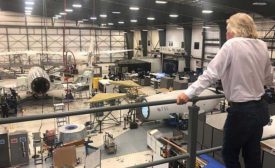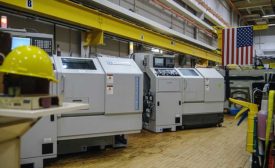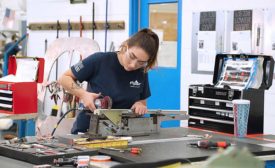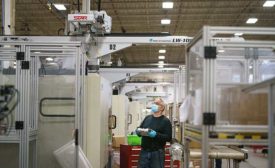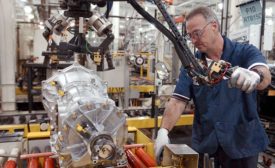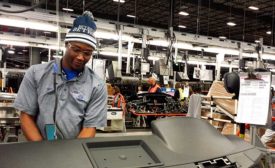Articles by Harry Moser
Making it in America—Companies Reshore Manufacturing of Essential Products
Shortages of essential products caused or revealed by the COVID-19 pandemic warrant shortening supply chains to reduce risk and increase resilience.
August 2, 2021
Never miss the latest news and trends driving the manufacturing industry
Stay in the know on the latest assembly trends.
JOIN TODAY!Copyright ©2024. All Rights Reserved BNP Media.
Design, CMS, Hosting & Web Development :: ePublishing
